Home>Garden Essentials>How To Get Seeds
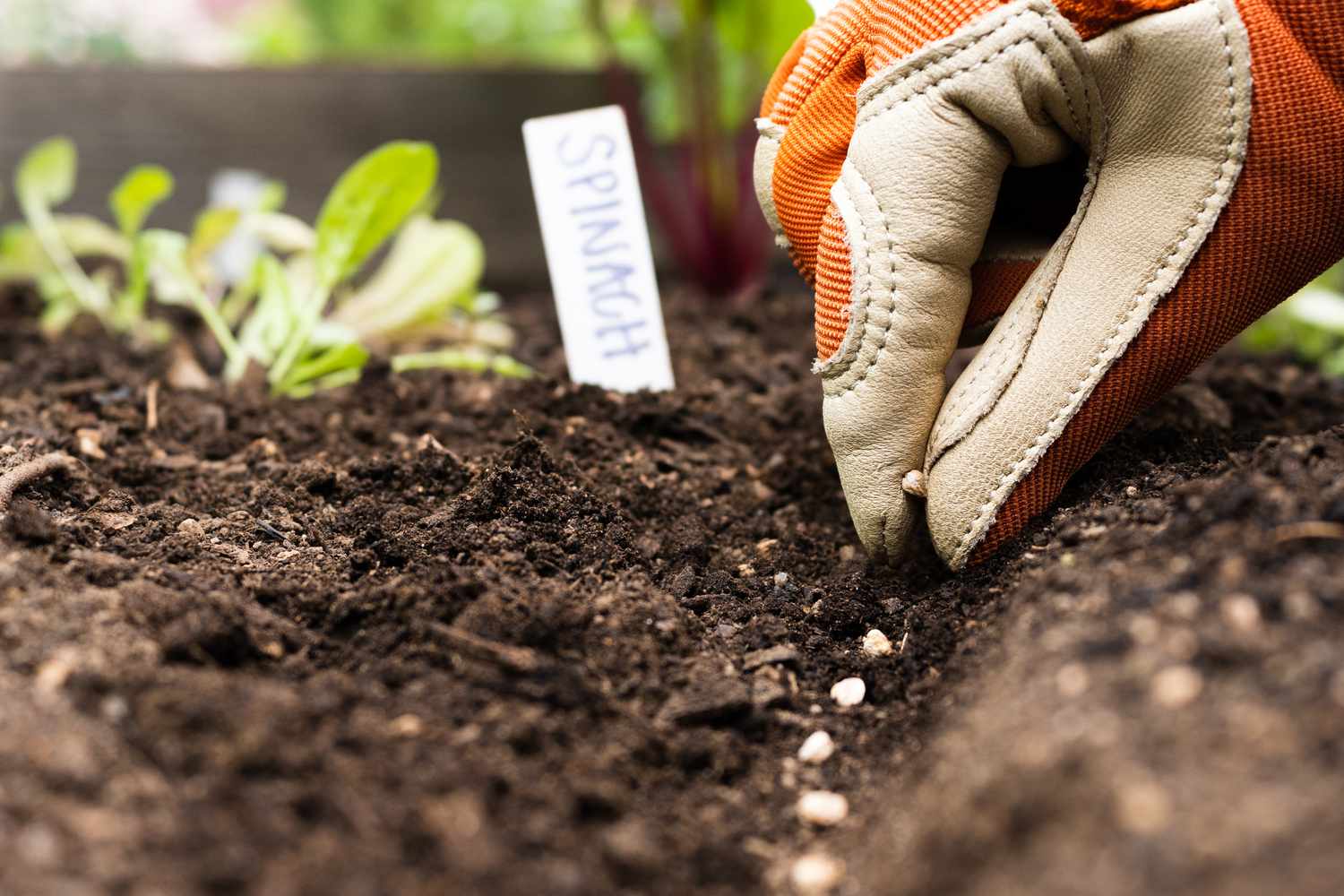

Garden Essentials
How To Get Seeds
Modified: March 15, 2024
Learn how to get the best garden seeds for your gardening needs. Find out the top tips and tricks to ensure a successful garden harvest.
(Many of the links in this article redirect to a specific reviewed product. Your purchase of these products through affiliate links helps to generate commission for Storables.com, at no extra cost. Learn more)
Introduction
Welcome to the wonderful world of gardening! Whether you are a seasoned gardener or a beginner, one thing is for sure – seeds are the foundation of every successful garden. Seeds hold the potential to grow into beautiful plants, bearing flowers, fruits, and vegetables that delight our senses and nourish our bodies.
Understanding the importance of seeds is crucial in creating a thriving garden. Not all seeds are created equal, and knowing which ones to choose can make a significant difference in the success of your garden. In this article, we will explore the various aspects of obtaining and selecting high-quality seeds for your gardening projects.
First and foremost, it’s essential to identify the type of seeds you need. Are you looking to grow vegetables, herbs, flowers, or perhaps a combination of them all? Each type of plant has specific requirements, and choosing the right seeds is the first step towards meeting those needs. Take the time to research and understand the growth habits, soil preferences, and climate requirements of the plants you intend to grow.
Once you have a clear idea of the seeds you need, it’s time to research reputable seed suppliers. There are numerous seed companies, both online and local, that offer a wide variety of seeds. Pay attention to customer reviews, as they provide valuable insight into the quality and reliability of the seeds and customer service.
Next, when evaluating seed quality, look for indicators like germination rate, purity, and disease resistance. High-quality seeds are more likely to sprout and develop into healthy plants. It’s worth investing in seeds that come from reliable sources, as they increase your chances of success in the garden.
If you prefer the convenience of online shopping, purchasing seeds online is a great option. Many seed companies have user-friendly websites that allow you to browse through their selections and make purchases with just a few clicks. Just make sure to choose a company that offers secure payment methods and has a good reputation for delivering fresh, viable seeds.
If you prefer a more hands-on approach, buying seeds locally gives you the opportunity to inspect the packets and interact with knowledgeable staff. Garden centers, nurseries, and even farmers’ markets are excellent places to find high-quality seeds. Plus, you can often get valuable advice from experienced gardeners in your community.
Key Takeaways:
- Choose seeds carefully based on your gardening goals, climate, and space. Research reputable suppliers, evaluate seed quality, and store them properly for successful gardening.
- Sharing seeds fosters community, preserves biodiversity, and promotes sustainable gardening. Connect with local gardeners, label seeds properly, and exchange knowledge and experiences.
Read more: How To Get Microgreen Seeds
Understanding the Importance of Seeds
Seeds are the starting point of any garden. They contain the genetic information needed for a plant to grow, develop, and reproduce. They are like tiny packages of life, harboring the potential to transform into beautiful plants that bring joy and abundance.
One of the key reasons why seeds are so important is their role in preserving biodiversity. Seeds capture the genetic diversity of different plant species and varieties. This diversity is crucial for maintaining a healthy ecosystem and ensuring the long-term sustainability of our food systems. By growing a variety of plants from different seeds, we can contribute to the preservation of rare and heirloom varieties, protecting them from being lost forever.
Seeds also play a vital role in adapting to changing environmental conditions. As climates shift and pests and diseases evolve, having a diverse collection of seeds allows us to select and cultivate plants that are better suited to withstand these challenges. By growing plants from locally adapted seeds, we can create a resilient garden that can thrive in our specific microclimate.
Furthermore, seeds provide an opportunity for exploration and experimentation. Gardeners have the freedom to choose from a vast array of plant varieties, each with its own unique characteristics. From vibrant flowers to flavorful vegetables, seeds offer endless possibilities to create a garden that reflects your personal preferences and tastes.
Another significant benefit of seeds is their cost-effectiveness. Investing in quality seeds can be more economical than buying fully-grown plants. Additionally, seeds allow you to grow exactly what you want, without having to rely on limited choices available at local nurseries. You have the freedom to select rare and exotic plant varieties that may not be readily available in your area.
Seeds also provide a sense of empowerment and self-sufficiency. By saving seeds from your own garden, you can create a cycle of sustainability, reducing your dependency on external sources. Collecting and saving seeds from your best-performing plants not only saves money but also allows you to develop plants that are uniquely adapted to your garden’s growing conditions.
Overall, understanding the importance of seeds is essential for every gardener. By recognizing their role in preserving biodiversity, adapting to changing environmental conditions, and providing opportunities for exploration and self-sufficiency, we can fully appreciate the potential that lies within each tiny seed. So, let’s dive deeper into the world of seeds and learn how to make informed choices when it comes to obtaining and selecting the perfect seeds for our gardens.
Identifying the Type of Seeds Needed
Before embarking on your seed shopping journey, it’s important to identify the specific type of seeds you need for your garden. Whether you’re dreaming of a vegetable patch, a vibrant flower bed, or a herb garden, knowing the exact type of seeds required will set you on the right path to success.
Start by considering your gardening goals and preferences. Are you looking to grow a variety of vegetables to create a bountiful harvest? Or perhaps you’re interested in cultivating a colorful landscape with an array of blooming flowers. Maybe you want to grow your own fresh herbs to enhance your culinary adventures. Understanding what you want to achieve with your garden will help guide your selection process.
Take into account your local climate and growing conditions. Different plants thrive in different environments, and it’s important to choose seeds that are suitable for your specific region. Consider factors such as temperature range, humidity levels, and hours of sunlight. Some seeds require a long growing season, while others can tolerate cool temperatures. By understanding your local climate, you can choose seeds that have the best chance of flourishing in your garden.
Think about the available space in your garden. Are you working with a large plot of land, or do you have a small balcony or patio garden? The size of your garden will determine the type and quantity of seeds you need. If space is limited, consider compact varieties, container-friendly plants, or those that can be grown vertically. If you have ample space, you can explore a wider range of plants and experiment with different varieties.
Consider your gardening experience and level of expertise. Some plants require more care and attention than others. If you’re a beginner, it’s advisable to start with easier-to-grow and low-maintenance plants. Gradually, as you gain confidence and experience, you can venture into more challenging varieties. Pay attention to the specific requirements of each plant, such as watering needs, soil type, and pest resistance, and choose seeds that align with your knowledge and capabilities.
Think about your personal preferences and tastes. Do you have a favorite flower that you wish to see blooming in your garden? Or are there specific vegetables or herbs that you enjoy cooking with? Choose seeds that reflect your preferences and will bring you joy and satisfaction as you watch them grow and thrive.
Lastly, consider the practical aspects of your garden. Are you looking for annual plants that will provide a burst of color and abundance for a single season? Or do you prefer perennial plants that will come back year after year, creating a more permanent landscape? Consider the longevity of your garden and whether you want to invest in plants that will provide continuous beauty or focus on seasonal displays.
By carefully identifying the type of seeds needed for your garden, you can create a well-planned and purposeful growing experience. Consider your goals, climate, space, experience level, preferences, and practical considerations to select the perfect seeds that will bring your garden vision to life.
Researching Seed Suppliers
When it comes to obtaining high-quality seeds for your garden, it’s crucial to conduct thorough research on seed suppliers. With a multitude of options available, both online and locally, it’s important to choose a reputable supplier that offers a wide selection of quality seeds. Here are some key factors to consider when researching seed suppliers:
Read Customer Reviews: One of the best ways to gauge the reliability and reputation of a seed supplier is by reading customer reviews. Look for feedback from other gardeners who have purchased seeds from the supplier. Pay attention to comments regarding seed quality, germination rates, and customer service. Positive reviews and testimonials can provide valuable insights and give you confidence in your choice.
Research Seed Breeders: Take the time to research the seed breeders associated with the supplier. Some suppliers work directly with breeders to ensure the quality and authenticity of their seeds. Look for seed breeders who have a good reputation and specialize in the type of seeds you are interested in. This will give you assurance that you are purchasing seeds from knowledgeable and experienced professionals.
Verify Seed Sources: It’s important to ensure that the seeds you purchase come from reliable and reputable sources. Ask the seed supplier about the sources of their seeds and if they follow proper harvesting, processing, and storage practices. Seeds obtained from trusted sources are more likely to be viable, disease-free, and true to their variety.
Consider Organic and Non-GMO Options: If you prefer to grow your garden using organic practices or avoid genetically modified organisms (GMOs), look for seed suppliers that offer organic and non-GMO seed options. These suppliers typically have rigorous standards when it comes to seed production and certification.
Check Seed Packet Information: When browsing through seed catalogs or websites, pay attention to the information provided on seed packets. Look for details regarding germination rates, days to maturity, planting instructions, and any special considerations for the specific variety. This information will help you make informed decisions about which seeds are best suited to your garden.
Consider Local Adaptation: Depending on your location and climate, it may be beneficial to choose seed suppliers that offer seeds adapted to your region. Locally adapted seeds are often more resilient and better suited to your specific growing conditions. They are more likely to thrive and produce successful yields in your garden.
Compare Prices and Selection: Take the time to compare prices and selection among different seed suppliers. While cost should not be the sole determining factor, it’s important to find a supplier that offers reasonable prices for their seeds. Additionally, assess the variety and diversity of seeds available. A wide selection gives you more options to choose from and allows for greater experimentation in your garden.
Consider Customer Support: Good customer support is essential when purchasing seeds. Look for suppliers that provide prompt and helpful customer service. This can make a significant difference if you have questions, concerns, or need assistance with your seed purchase or gardening inquiries.
By conducting thorough research on seed suppliers and considering factors such as customer reviews, seed sources, organic and non-GMO options, seed packet information, local adaptation, prices and selection, and customer support, you can find a reliable and reputable supplier that will provide you with high-quality seeds for your garden. Remember, investing in quality seeds is an investment in the success of your garden.
Evaluating Seed Quality
When it comes to gardening success, the quality of the seeds you use plays a significant role. High-quality seeds have a higher chance of germination, establish stronger plants, and result in better yields. Therefore, it’s essential to evaluate the seed quality before purchasing or planting. Here are some key factors to consider when evaluating seed quality:
Germination Rate: Germination rate refers to the percentage of seeds that successfully sprout and grow into healthy seedlings. It’s essential to choose seeds with a high germination rate to ensure a higher success rate in your garden. Most reputable seed suppliers provide germination rate information on seed packets or in their catalogs. Aim for seeds with a germination rate of at least 80% or higher.
Purity: Seed purity refers to the absence of other plant seeds, debris, or weed seeds in the seed packet. While it’s challenging to visually determine seed purity, reputable seed suppliers conduct laboratory tests to ensure seed purity. This information is typically included on the seed packet or stated on the supplier’s website. It’s crucial to choose seeds that have undergone quality control measures to ensure purity and avoid unwanted seeds or contaminants.
Disease Resistance: Some seed varieties have been bred to have increased resistance to common plant diseases or pests. Disease-resistant seeds can help reduce the risk of crop failure or significant damage caused by pathogens or pests. Check the seed packet or consult with the supplier to determine if the seeds you are considering have any disease-resistant traits. This information can save you from potential headaches and losses in your garden.
Seed Size: Although seed size does not necessarily indicate quality, it can provide some insights. In general, larger seeds tend to have more energy reserves, allowing them to establish healthier and more vigorous plants. However, keep in mind that some plants naturally produce smaller seeds, so this factor should be considered in conjunction with other quality indicators.
Seed Freshness: Freshness is crucial when it comes to seed viability. Seeds with higher moisture content and recent harvesting are more likely to be viable and sprout successfully. Check for the “packed for” or “packed on” date on the seed packet to ensure you’re purchasing fresh seeds. Older seeds may have reduced germination rates, so it’s best to prioritize fresh seeds whenever possible.
Common Quality Indicators: In addition to the factors mentioned above, there are a few common indicators of seed quality that you can observe directly. Look for seeds that are uniform in size and shape, as irregularities may indicate poor quality or improper handling. Check for any signs of damage, such as cracks or breaks, as damaged seeds may have reduced viability. Additionally, seeds with a healthy color and no signs of mold or discoloration are generally of better quality.
Reputable Seed Suppliers: To ensure consistent seed quality, it’s important to purchase seeds from reputable suppliers. Research and choose established seed companies with a positive reputation for delivering high-quality seeds. Seek recommendations from fellow gardeners or consult gardening forums and communities for insights into trusted seed suppliers.
Evaluating seed quality is a critical step in ensuring the success of your garden. By considering factors such as germination rate, purity, disease resistance, seed size, freshness, common quality indicators, and purchasing from reputable suppliers, you can make informed decisions and select seeds that have the best chance of thriving in your garden. Remember, investing in high-quality seeds is an investment in the health and productivity of your plants.
Read more: How To Get Chestnuts To Germinate
Purchasing Seeds Online
In today’s digital age, purchasing seeds online has become a convenient and popular option for many gardeners. Online seed shopping offers access to a wide variety of seeds from different suppliers and allows you to explore and select the perfect seeds for your garden. Here are some key considerations when purchasing seeds online:
Research Reputable Seed Suppliers: Start by researching reputable seed suppliers that have a strong online presence. Look for companies that have positive reviews, a wide selection of seeds, and a user-friendly website. Read customer feedback to ensure that the supplier has a track record of delivering quality seeds and providing excellent customer service.
Browse Through Seed Selections: Once you have identified reputable seed suppliers, take the time to explore their seed selections. Online catalogs usually provide detailed descriptions of each seed variety, including growth habits, planting instructions, and specific considerations. Evaluate the variety offered to ensure they match your gardening goals and preferences.
Check Seed Packet Information: Online seed listings typically provide information about the seeds, including germination rates, purity, and disease resistance. Take the time to read and compare this information to make informed decisions. Look for seeds with higher germination rates and desirable traits, such as disease resistance or improved yields.
Secure Payment Methods: When purchasing seeds online, it’s essential to ensure the security of your financial information. Look for seed suppliers that offer secure payment methods, such as encrypted payment gateways or trusted third-party payment services. This will protect your personal and financial information from unauthorized access.
Shipping Policies and Costs: Consider the shipping policies and costs of the seed supplier. Look for companies that offer reasonable shipping rates and have reliable shipping practices to ensure that your seeds arrive in a timely manner and in good condition. Some suppliers may offer free shipping for orders above a certain amount, so take advantage of such promotions when available.
Read Customer Reviews: Customer reviews are a great source of insight when purchasing seeds online. Look for feedback from other gardeners who have purchased seeds from the same supplier. Pay attention to comments about seed quality, packaging, shipping, and overall satisfaction. Genuine customer reviews can help you gauge the reliability and trustworthiness of the seed supplier.
Take Note of Return Policies: While most seed suppliers strive to provide high-quality seeds, there may be instances where you need to return or exchange seeds due to various reasons. It’s essential to understand the supplier’s return policy before making a purchase. Familiarize yourself with the procedure and any associated costs to ensure a hassle-free experience if the need arises.
Utilize Customer Support: Good customer support is crucial when purchasing seeds online. Look for seed suppliers that offer reliable customer support through email, live chat, or phone. This will allow you to seek assistance, clarify any doubts, or address any concerns you may have before or after your purchase.
By considering these factors, you can confidently purchase seeds online and enjoy the convenience of shopping from the comfort of your home. Online seed shopping opens up a world of possibilities, offering you a vast selection of seeds and the ability to find unique and rare varieties that may not be available locally. So, explore different online seed suppliers and embark on an exciting journey towards a thriving garden.
When collecting seeds, make sure to choose healthy, mature ones. Store them in a cool, dry place to maintain their viability. Label and date the seeds for easy identification.
Buying Seeds Locally
While purchasing seeds online offers convenience and a wide variety of options, buying seeds locally can provide a more immediate and hands-on experience. Local seed shopping allows you to support local businesses, connect with fellow gardeners, and have direct access to seeds that are specially suited to your region. Here are some key advantages and considerations when buying seeds locally:
Personal Interaction and Advice: One of the significant benefits of buying seeds locally is the opportunity to interact with knowledgeable staff and experienced gardeners. Local garden centers, nurseries, and farmers’ markets often have staff who can provide valuable advice on seed selection, planting techniques, and general gardening tips specific to your area. This personal interaction can greatly enhance your understanding and confidence in your seed choices.
Inspection of Seed Packets: When buying seeds locally, you have the advantage of being able to physically inspect the seed packets before making a purchase. You can read the information provided on the packaging, such as germination rates, days to maturity, and any special considerations. This hands-on approach allows you to assess the quality of the packaging, verify the information, and ensure that you are making an informed decision.
Access to Local and Rare Varieties: Local seed suppliers often carry a selection of seeds that are specifically adapted to the local climate and growing conditions. These seeds have a higher chance of thriving in your garden because they are already acclimated to your region. Additionally, local suppliers may offer rare and heirloom varieties that are unique to your area, allowing you to delve into the fascinating world of local biodiversity and preserve unique plant genetics.
Promotion of Biodiversity and Sustainability: When you buy seeds from local suppliers, you contribute to the promotion of biodiversity and the conservation of local plant varieties. By choosing seeds that are adapted to your region, you play a role in preserving genetic diversity and supporting sustainable gardening practices. This commitment to local seeds helps maintain the balance of ecosystems and ensures the long-term resilience of our food systems.
Community Engagement and Support: Buying seeds locally allows you to connect with fellow gardeners and support local businesses in your community. You can engage in conversations with other gardeners, exchange tips and experiences, and foster a sense of belonging within the local gardening community. Additionally, supporting local seed suppliers helps ensure the availability of seeds for future seasons and strengthens the local economy.
Consider Seasonality and Availability: Unlike online seed shopping, local suppliers may have limitations in terms of seasonality and availability. They may carry seeds that are suitable for the current planting season and may have a more limited selection compared to online retailers. However, this can also be an advantage, as local suppliers often prioritize seeds that are appropriate for the local growing season and can provide guidance on the best time to plant specific varieties.
Price Comparison and Convenience: When buying seeds locally, it’s a good idea to compare prices of different suppliers to ensure you are getting a fair deal. While local prices may vary from online prices, consider factors such as quality, convenience, and the benefits of supporting local businesses. Keep in mind that the immediate accessibility of locally purchased seeds saves on shipping time and costs.
Buying seeds locally can be an enriching experience that allows you to engage with your local gardening community, access regionally-adapted varieties, and receive personalized advice. Balancing the advantages of personal interaction, access to local and rare varieties, promotion of biodiversity, and community support, local seed shopping can be an excellent choice for enhancing your gardening journey.
Saving Seeds from Your Garden
One of the most rewarding aspects of gardening is the ability to save seeds from your own plants. Saving seeds allows you to preserve heirloom varieties, maintain genetic diversity, and create a cycle of self-sufficiency in your garden. It’s a fascinating process that connects you to the lifecycle of plants and empowers you to be a steward of your garden’s biodiversity. Here are some essential steps to consider when saving seeds from your garden:
Choose Open-Pollinated or Heirloom Varieties: To ensure that the saved seeds will produce plants true to their parent plants, it’s important to select open-pollinated or heirloom varieties. Open-pollinated plants are pollinated by natural means, such as insects, wind, or birds, ensuring genetic diversity in the offspring. Heirloom varieties are open-pollinated plants that have been passed down through generations, often having unique characteristics and histories.
Allow Plants to Mature and Flower: To obtain quality seeds, it’s crucial to allow the plants to fully mature and flower before collecting the seeds. This ensures that the seeds have reached their optimal stage of development and are ready for harvest. Each plant species and variety has its own timeline for maturity, so consult gardening guides or seed catalogs for specific details.
Isolate Different Varieties: To maintain the purity of the saved seeds, it’s important to prevent cross-pollination between different varieties. Some plant species are more prone to cross-pollination, such as corn or squash, while others, like beans or lettuce, are self-pollinating. To ensure seed purity, consider using physical barriers, such as hand-pollination or growing different varieties at a distance from each other.
Harvest Seeds at the Right Time: The timing of seed harvest varies depending on the plant and the type of seeds. Generally, seeds are ready for harvest when the plant has finished flowering, and the seed pods or fruit have matured. For seeds like tomatoes or cucumbers, wait until the fruits have fully ripened before collecting the seeds. Beans and peas, on the other hand, should be left on the plant until the pods have dried out and the seeds are firm.
Extract and Clean the Seeds: After harvesting, it’s important to extract the seeds from the plant material and clean them. For dry-seeded crops, such as lettuce or flowers, shaking or rubbing the seedheads to release the seeds is usually sufficient. For wet-seeded crops, such as tomatoes or melons, fermentation is often required to remove the gelatinous coating surrounding the seeds. This process involves allowing the seeds and pulp to ferment in water for a few days, which breaks down the coating and allows for easier seed extraction.
Dry and Store the Seeds: Once the seeds have been cleaned, it’s essential to dry them thoroughly before storage. Spread the seeds in a single layer on a clean, dry surface and allow them to air-dry for a few weeks. Once completely dry, store the seeds in airtight containers, such as glass jars or seed envelopes, in a cool, dark, and dry place. Label the containers with the plant name, variety, and harvest date for future reference.
Test Seed Viability: Over time, seed viability may decline, resulting in lower germination rates. To determine if your saved seeds are still viable, conduct a germination test before planting. Place a small number of seeds on a moist paper towel or in a seed tray, and monitor them over a specific period to observe their germination rate. If the germination rate is low, it may be necessary to purchase fresh seeds or collect seeds from a new batch of plants.
By saving seeds from your garden, you participate in the age-old tradition of seed stewardship and contribute to seed conservation and biodiversity. Embrace the journey of nurturing your plants, observing their life cycles, and preserving the legacy of your garden through the magic of seeds.
Storing Seeds Properly
Proper storage of seeds is crucial to maintain their viability and ensure successful germination in future seasons. By following storage best practices, you can preserve the quality and longevity of your seeds, allowing you to continue growing the plants you love. Here are some essential guidelines for storing seeds properly:
Keep Seeds Dry: Moisture is the enemy of seed storage, as it can lead to mold, rot, or premature germination. Before storing seeds, make sure they are completely dry. Spread them out in a single layer on a clean, dry surface and allow them to air-dry thoroughly. Avoid using artificial heat sources, which can damage the seeds. Moisture-absorbing packets or silica gel can be placed in the container to help minimize any excess moisture.
Store Seeds in Airtight Containers: Once dry, transfer the seeds to airtight containers to prevent exposure to moisture, air, and pests. Glass jars, metal tins, or resealable plastic bags are suitable options. Choose containers that are clean and dry, with a tight-fitting lid or closure. Label each container with the plant name, variety, and harvest date for easy identification in the future.
Choose the Right Storage Temperature: Most seeds prefer cool temperatures for long-term storage. A cool and stable environment inhibits seed deterioration and helps to maintain their viability. Aim for a storage temperature between 32°F (0°C) and 50°F (10°C). Avoid storing seeds in fluctuating temperature areas, such as garages or attics, as temperature fluctuations can accelerate seed degradation.
Avoid Excessive Heat and Cold: Extreme temperatures can be detrimental to seed viability. Avoid exposing seeds to excessive heat or freezing temperatures, as this can cause damage or death to the embryo. Store seeds away from direct sunlight and heat sources, such as radiators or hot water heaters. Additionally, don’t store seeds in the freezer unless specific instructions indicate the need for cold stratification to improve germination.
Prevent Exposure to Light: Light can also affect seed viability, especially for light-sensitive seeds. Store seeds in a dark location or in opaque containers that block out light. Exposure to light can trigger premature germination in some species, reducing their viability over time.
Keep Seeds in a Dry Environment: Humidity can cause seeds to deteriorate quickly and lose their viability. Choose a storage location with low humidity to prevent moisture absorption. Avoid storing seeds in basements or areas prone to high humidity, such as near water sources or humidifiers. If necessary, use a dehumidifier to maintain a dry environment.
Monitor and Rotate Seeds: As time passes, seed viability naturally decreases. To ensure you always have access to viable seeds, regularly monitor the seeds in your storage and practice seed rotation. Use older seeds first, while still capable of viable germination, and replace them with fresh seeds when necessary. Regularly test the germination rate of stored seeds to gauge their viability.
Record Keeping: Maintain detailed records of the seeds you store, including the plant name, variety, harvest date, and any additional information you find relevant. This record-keeping helps you keep track of the age and viability of your seeds, making it easier to assess when it’s time to replace them with fresh ones.
By following these guidelines and storing your seeds properly in dry, airtight containers, at cool and stable temperatures, you can extend the lifespan of your seeds and maximize their viability. With careful storage, you can continue to enjoy the beauty and abundance of your favorite plants for years to come.
Read more: How To Get Eggplant Seeds
Sharing and Exchanging Seeds
Sharing and exchanging seeds with fellow gardeners is a wonderful way to foster community, expand your seed collection, and contribute to the diversity of plants in your garden. By sharing seeds, you not only build relationships and connections with other garden enthusiasts but also help preserve heirloom varieties and promote sustainable gardening practices. Here are some tips on how to effectively share and exchange seeds:
Connect with Local Gardening Communities: Join local gardening groups, attend community events, or participate in seed swaps to connect with other gardeners in your area. These communities often organize seed-sharing events where you can meet fellow gardeners, exchange seeds, and gain valuable insights and advice.
Start Your Own Seed Swap: Consider hosting a seed swap event in your community or among friends and family. Set a date, location, and invite fellow gardeners to bring seeds they’ve saved or extras from their seed packets to exchange. Provide a space for participants to display their seeds, share gardening stories, and connect with one another. Seed swaps can become annual events that build camaraderie and encourage the sharing of diverse plant varieties.
Label and Package Seeds Properly: When sharing seeds, proper labeling and packaging are essential. Ensure that each seed packet is clearly labeled with the plant name, variety, and any additional information like growth habits or planting instructions. This allows recipients to properly identify and care for the seeds they receive.
Share Your Favorite Varieties: Share seeds of your favorite plant varieties with others, as it allows them to experience the joy and success you’ve had in your garden. Share seeds of plants that are well-adapted to your local climate or have unique and desirable traits. This exchange of knowledge and plant material strengthens the gardening community and promotes the preservation of cherished varieties.
Document Seed Saving Techniques: If you have expertise in saving seeds from specific plant varieties, consider documenting and sharing your techniques. This information can be compiled in handouts, online resources, or local gardening publications, helping others learn and practice seed-saving methods effectively.
Be Respectful of Intellectual Property Rights: When sharing or exchanging seeds, it’s important to respect intellectual property rights and the legal boundaries associated with patented or trademarked plant varieties. Adhere to any restrictions or guidelines set by the breeder or seed company regarding the sharing or saving of their varieties.
Collect Seeds Ethically and Sustainably: When collecting seeds from public spaces or other gardens, always seek permission and follow ethical guidelines. Avoid taking seeds from protected or endangered plant species, and be mindful of the impact on the plant’s population. Practicing ethical seed collection ensures the preservation and sustainability of plant populations.
Document and Share Gardening Tips: Along with the seeds, share your gardening experiences and tips with fellow seed recipients. Include information about successful companion planting, tips for pest control, soil preparation techniques, or any other insights you have gained through your gardening journey. Sharing your knowledge and experiences enhances the exchange and fosters a culture of continuous learning.
Express Gratitude and Reciprocate: When receiving seeds from others, express your appreciation and gratitude. Acknowledge the time, effort, and love that goes into saving and sharing seeds. Consider reciprocating by sharing seeds from your garden or offering assistance or advice in the future.
By engaging in the practice of sharing and exchanging seeds, you contribute to a rich and vibrant gardening community. Seed sharing strengthens connections, promotes sustainability, and ensures the preservation of diverse plant varieties. Embrace the joy of sharing and the satisfaction of knowing that your garden is part of a broader ecosystem of exchange and continuity.
Conclusion
Gardening is a journey of growth, connection, and creativity. Seeds are the catalyst for this journey, holding within them the incredible potential to transform into beautiful plants that bring joy, sustenance, and inspiration. By understanding the importance of seeds and making informed choices when obtaining them, we set ourselves up for success in the garden.
Whether we choose to purchase seeds online or buy them locally, it is important to research reputable suppliers, evaluate seed quality, and select the right seeds for our specific gardening goals. Researching seed suppliers, reading customer reviews, and checking seed packet information are essential steps in ensuring we are getting high-quality seeds that suit our needs and preferences.
Once we have acquired our seeds, storing them properly is crucial to maintain their viability and longevity. By keeping seeds dry, storing them in airtight containers, providing the right temperature and light conditions, and monitoring their viability, we can maximize our chances of successful germination in future seasons.
However, gardening is not just about us and our individual efforts. It is also about community and connection. Sharing and exchanging seeds with fellow gardeners enriches our gardening experience and contributes to the preservation of biodiversity. By participating in seed swaps, connecting with local gardening communities, and sharing our knowledge and favorite plant varieties, we create a network of support, inspiration, and collective wisdom.
As we embark on our gardening journey and watch our seeds germinate, grow, and flourish, we become co-creators with nature. We witness the miracles of life and embrace the lessons of patience, nurture, and resilience that gardening teaches us. Through the act of gardening, we not only nourish the soil, but we also nurture our own souls.
So, embrace the world of seeds. Select them with care, save them with intention, and share them with love. Let us cultivate gardens that not only bring us beauty and sustenance but also foster biodiversity, sustainability, and community. In doing so, we sow the seeds of a greener and more vibrant future for ourselves and generations to come.
Frequently Asked Questions about How To Get Seeds
Was this page helpful?
At Storables.com, we guarantee accurate and reliable information. Our content, validated by Expert Board Contributors, is crafted following stringent Editorial Policies. We're committed to providing you with well-researched, expert-backed insights for all your informational needs.
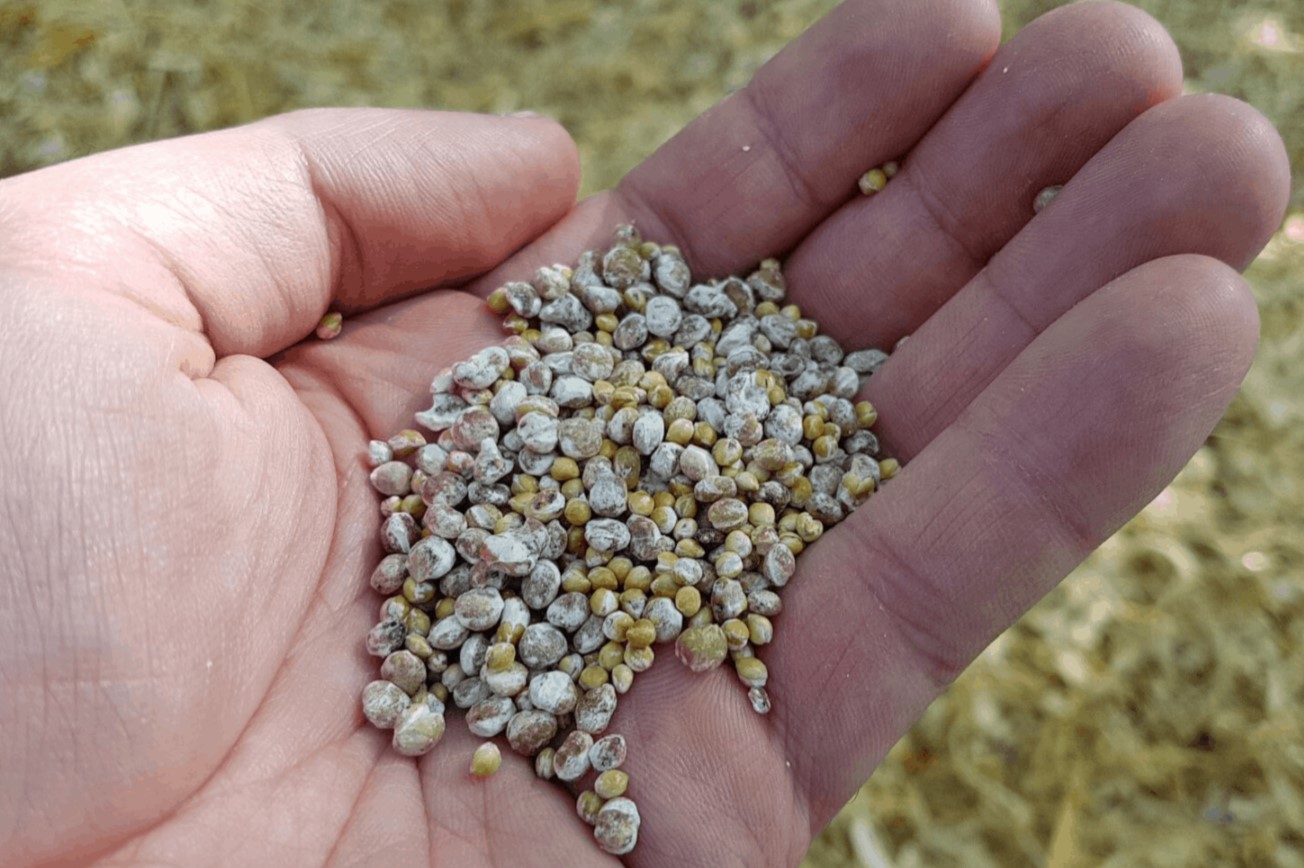
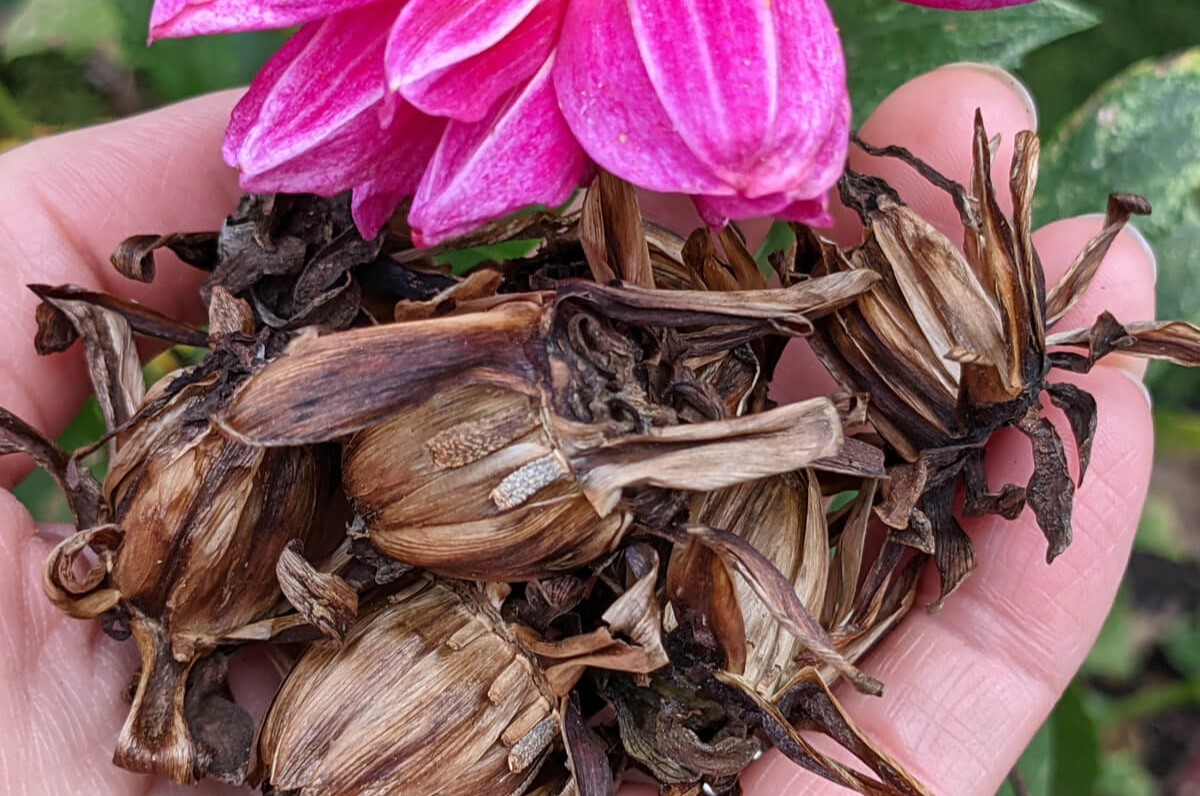
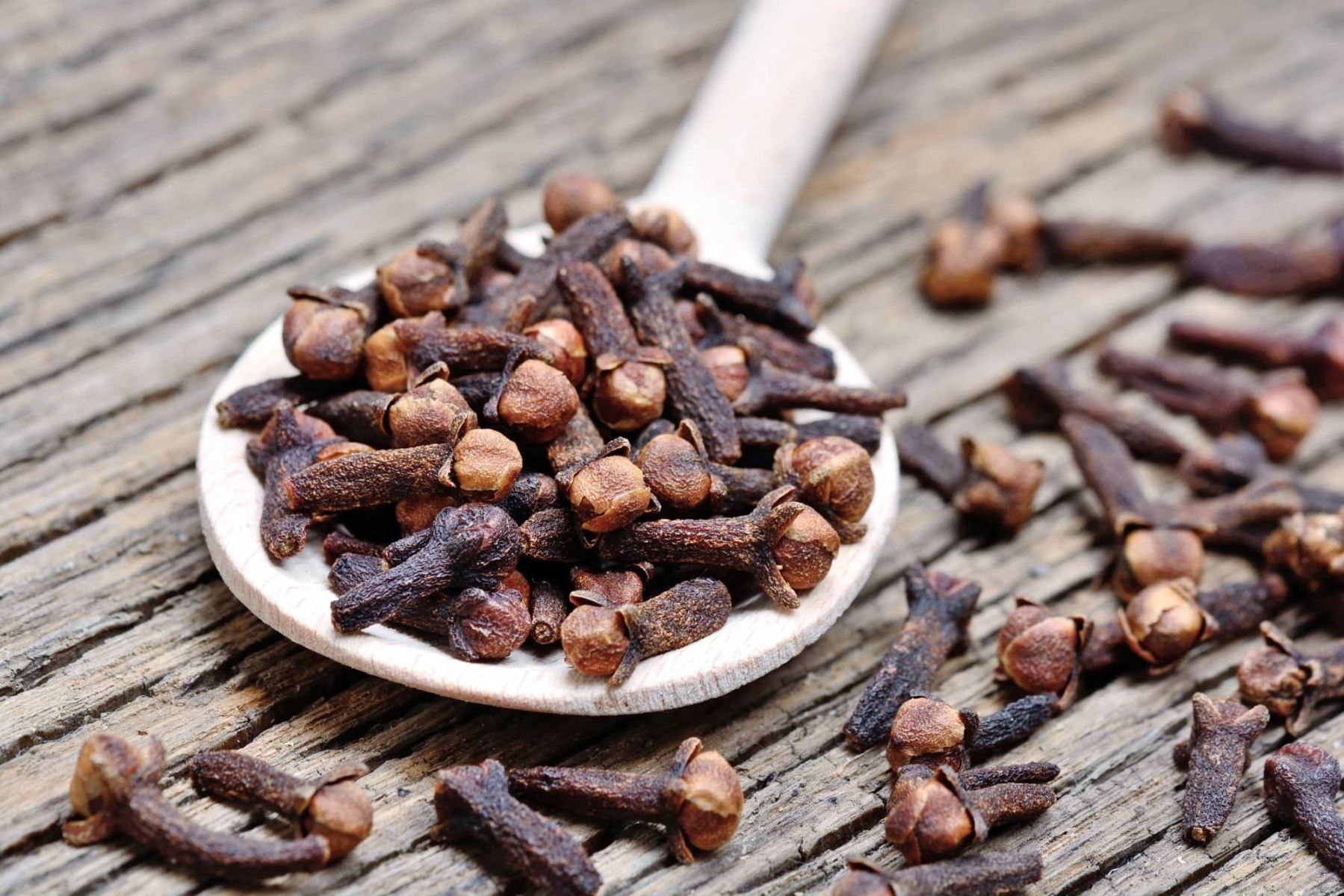
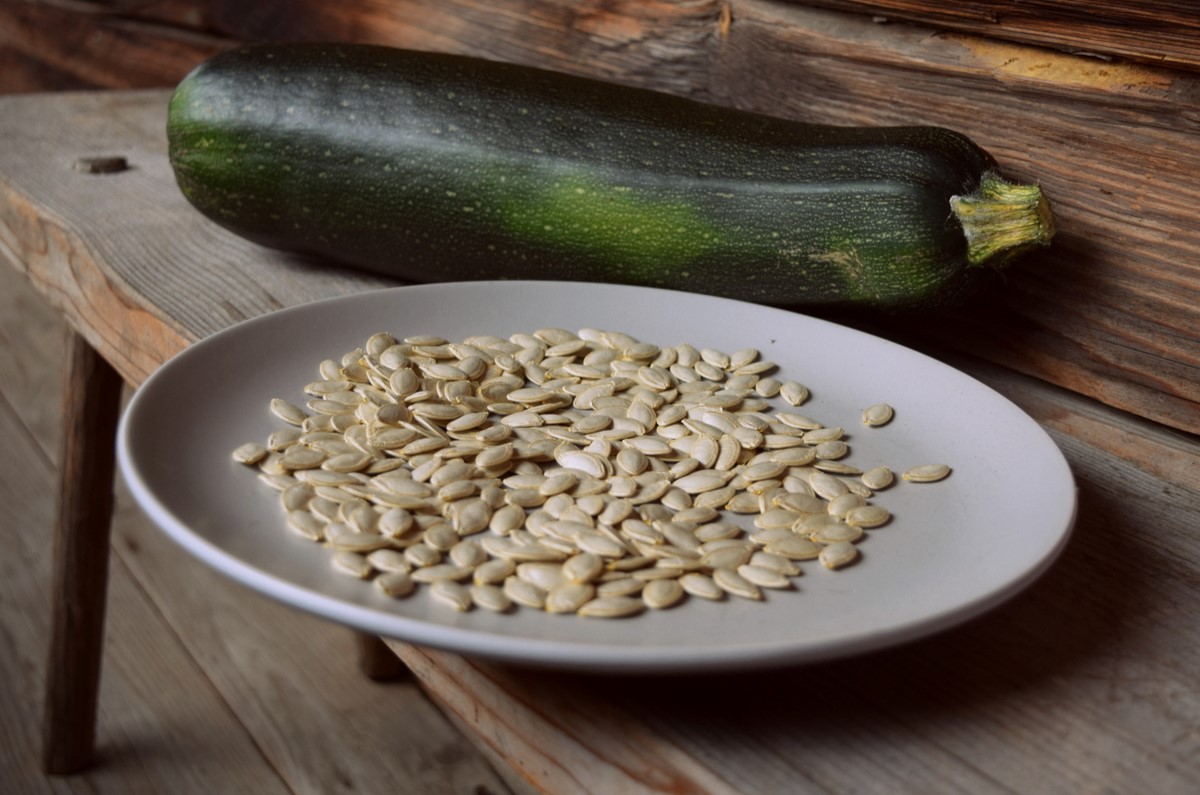
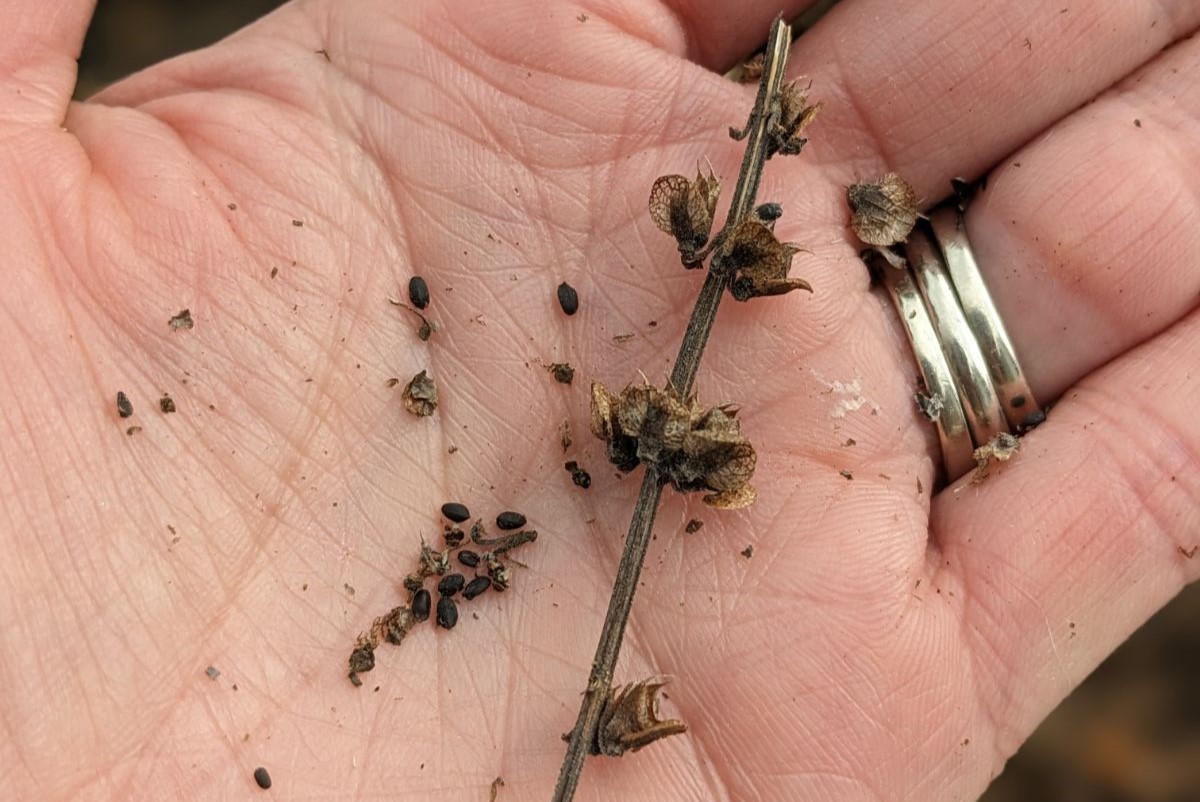
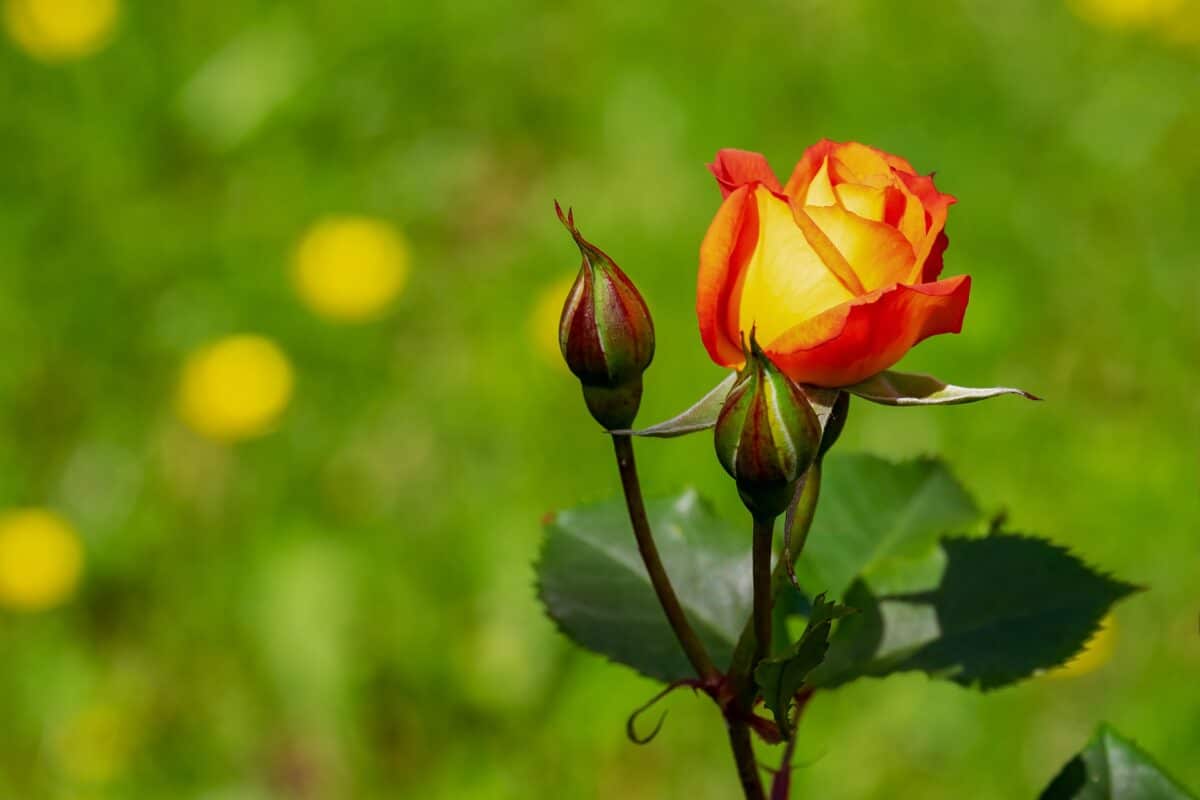
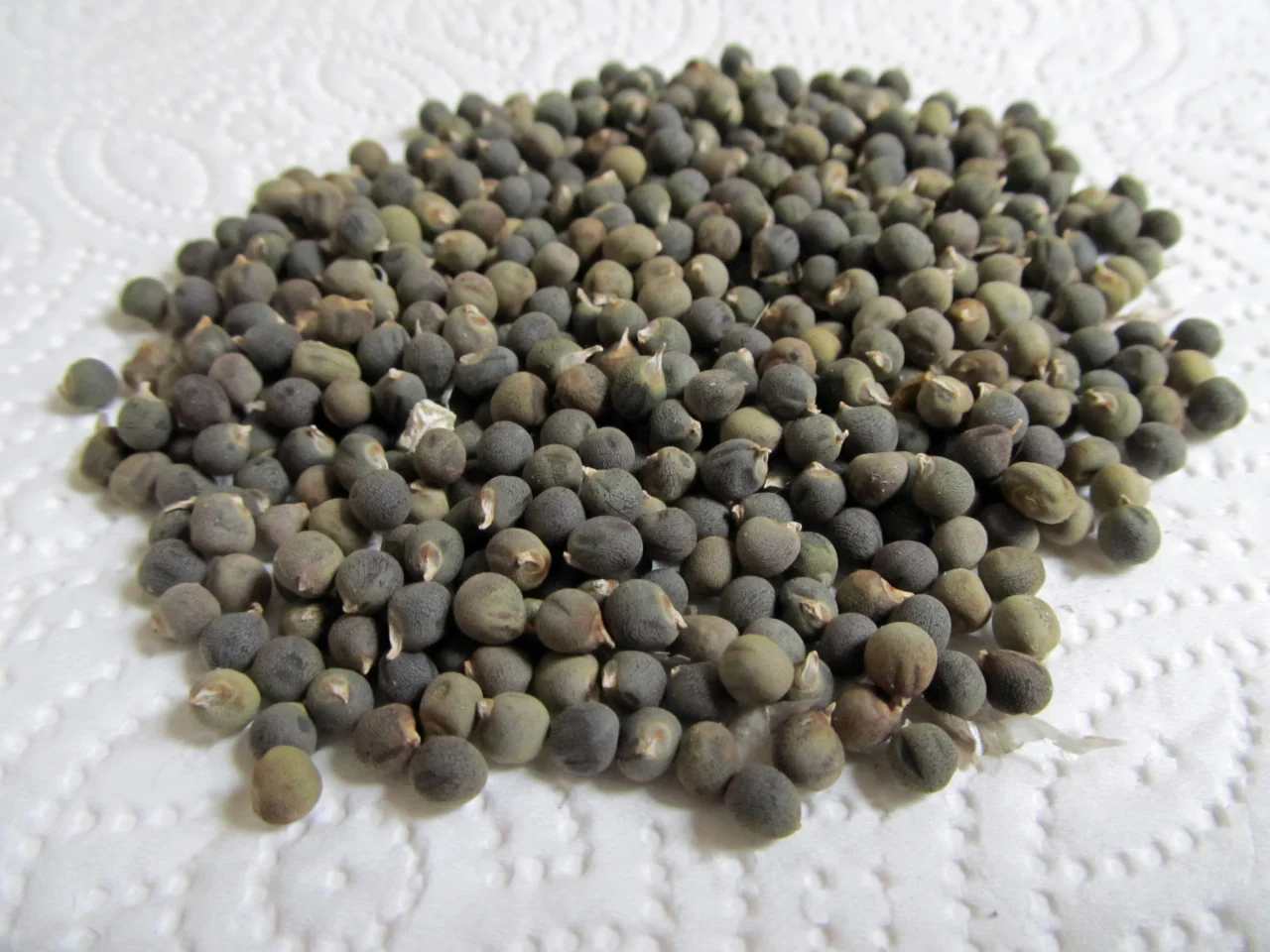
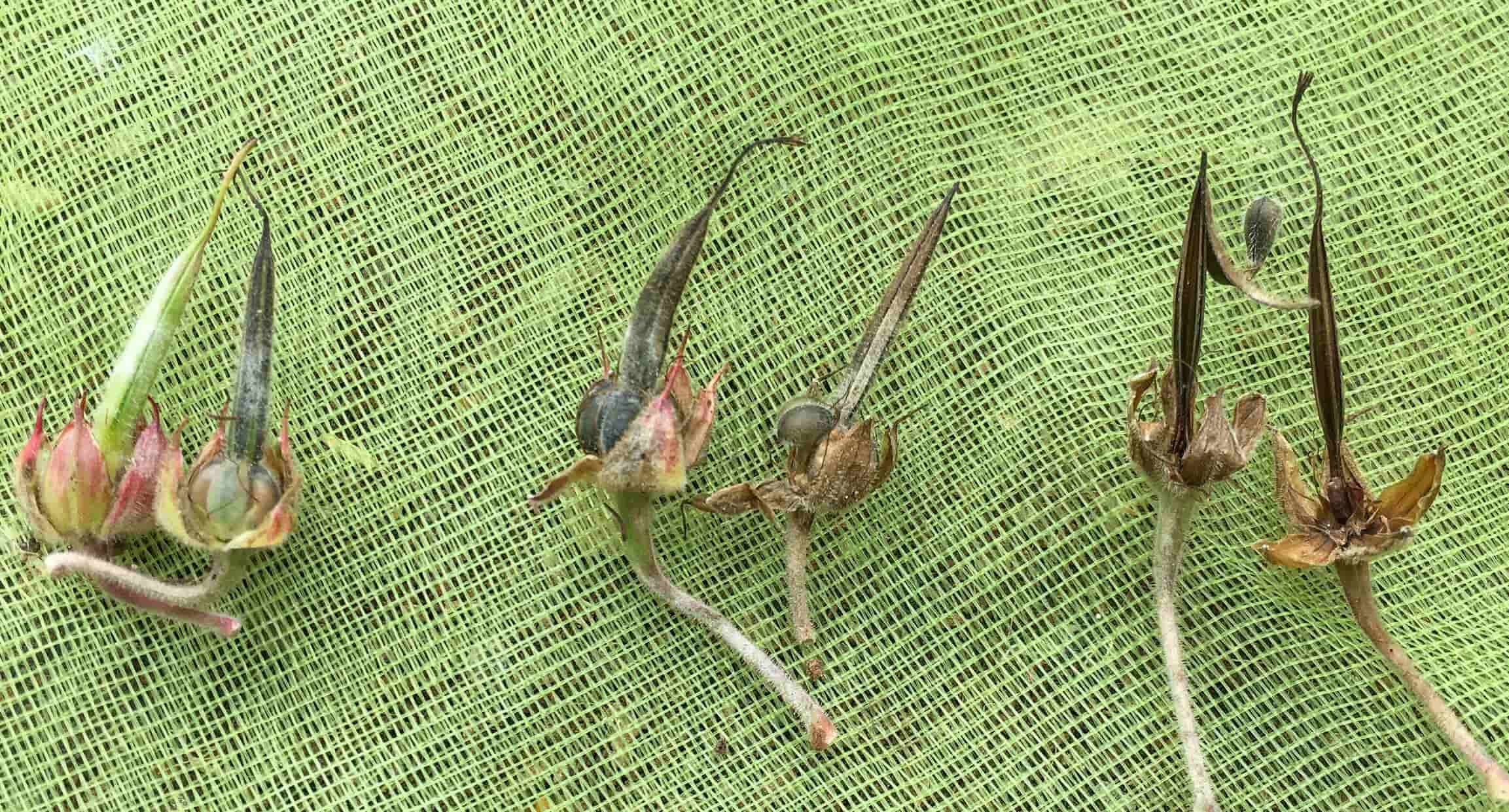
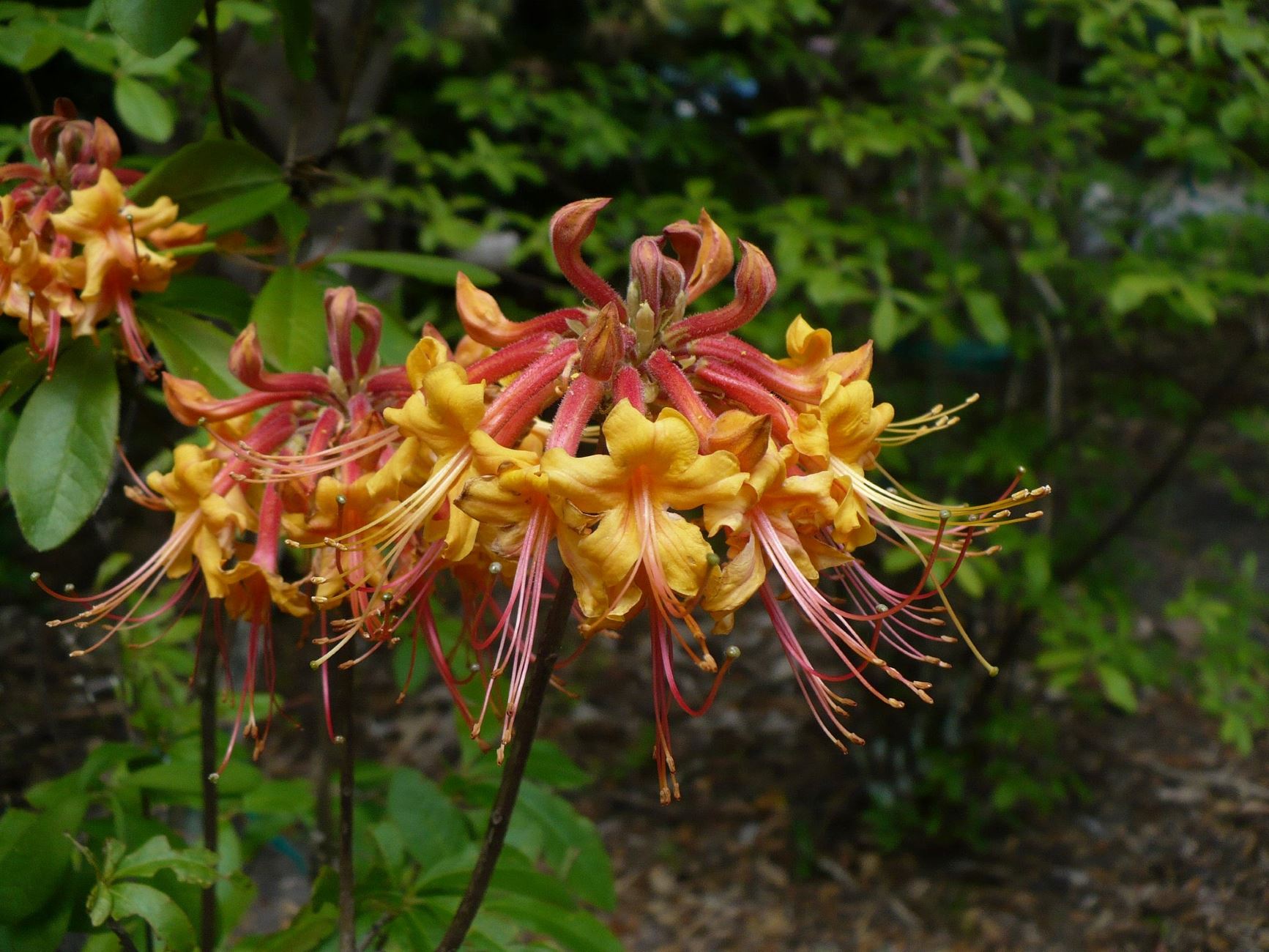
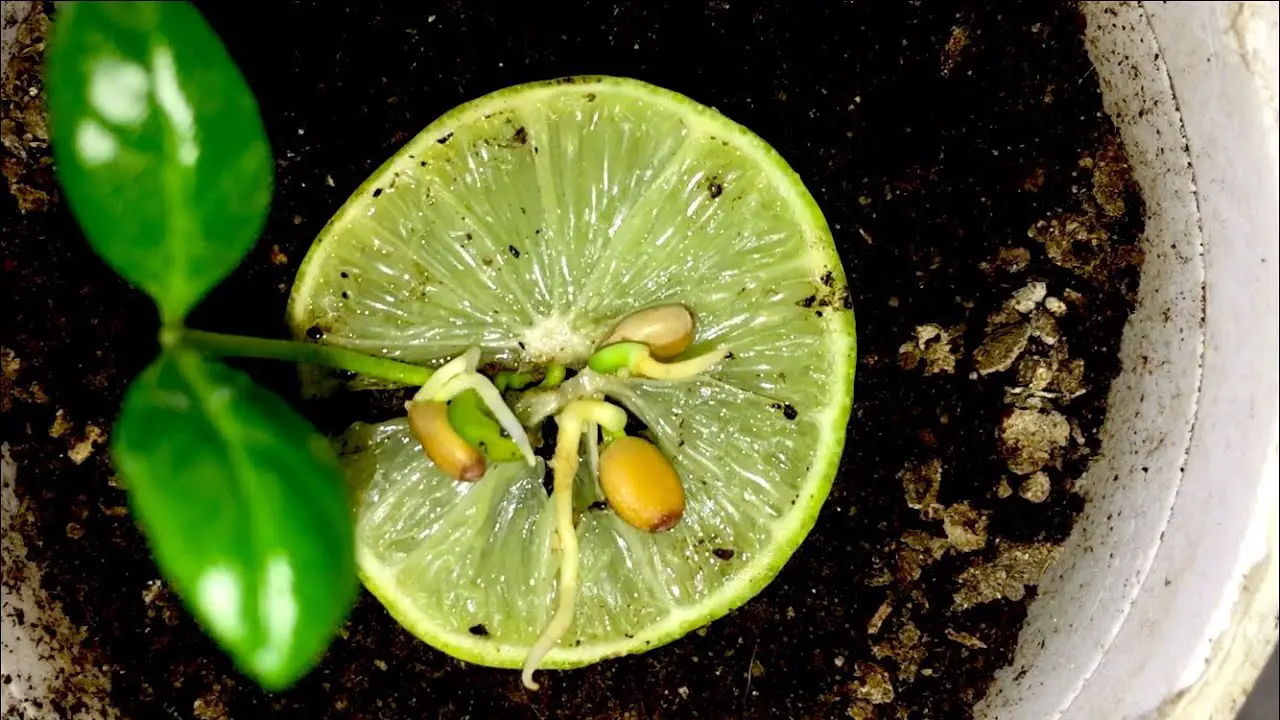
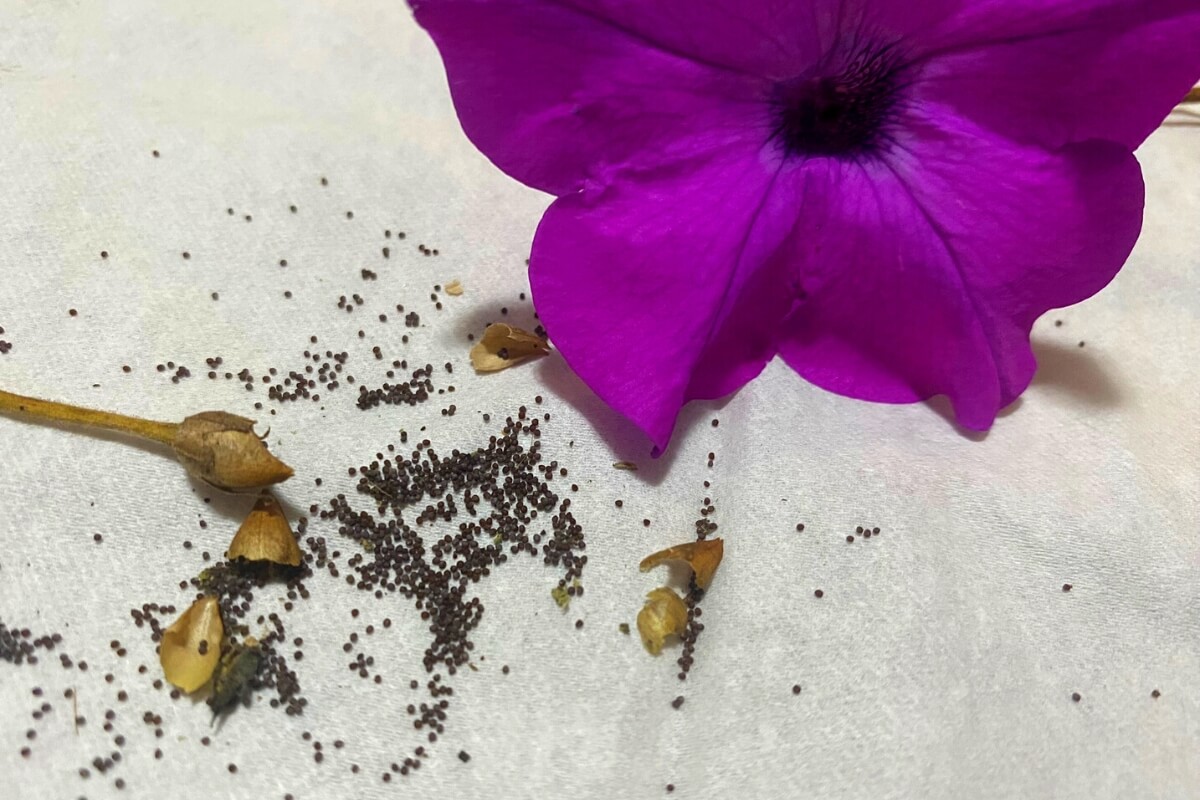
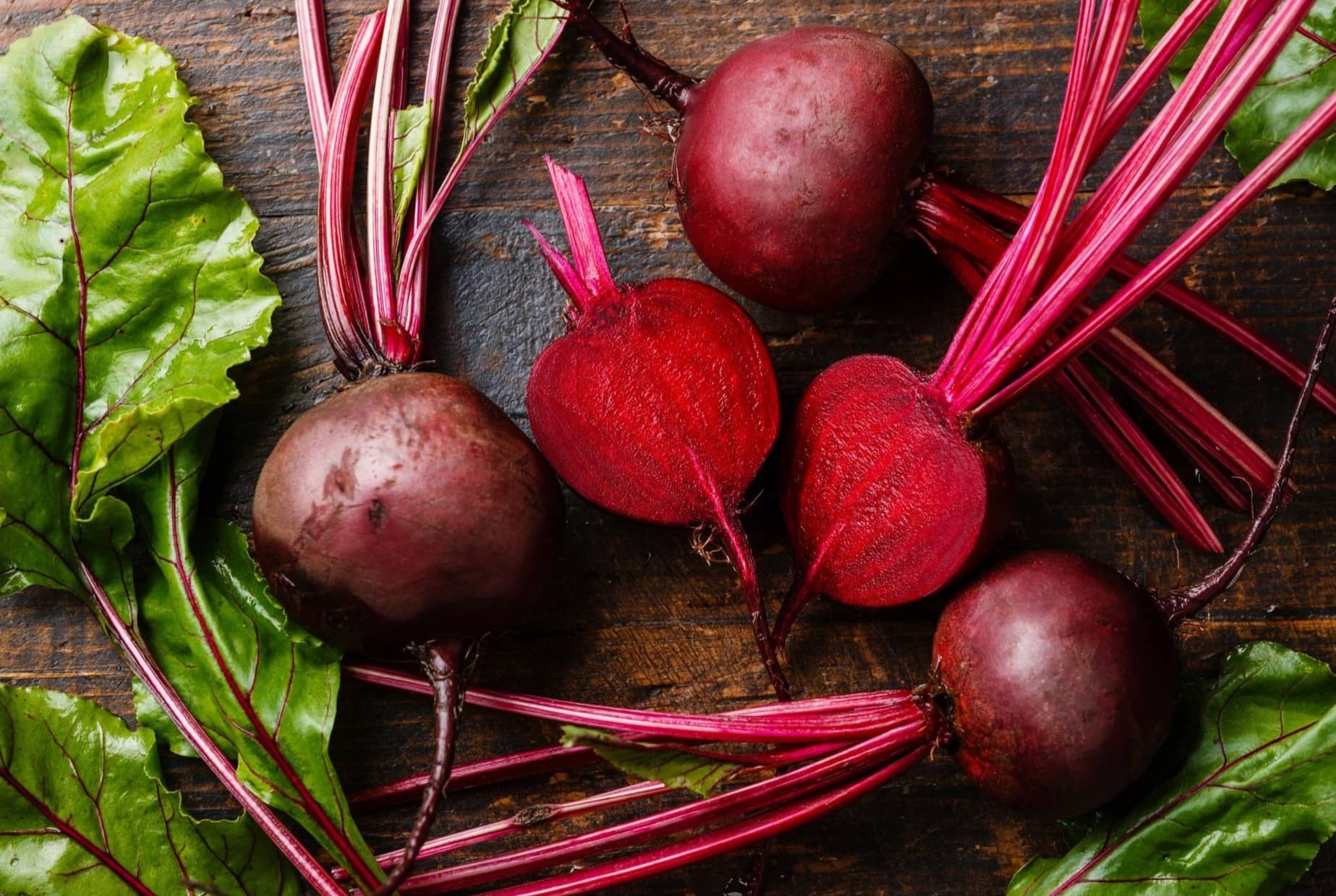
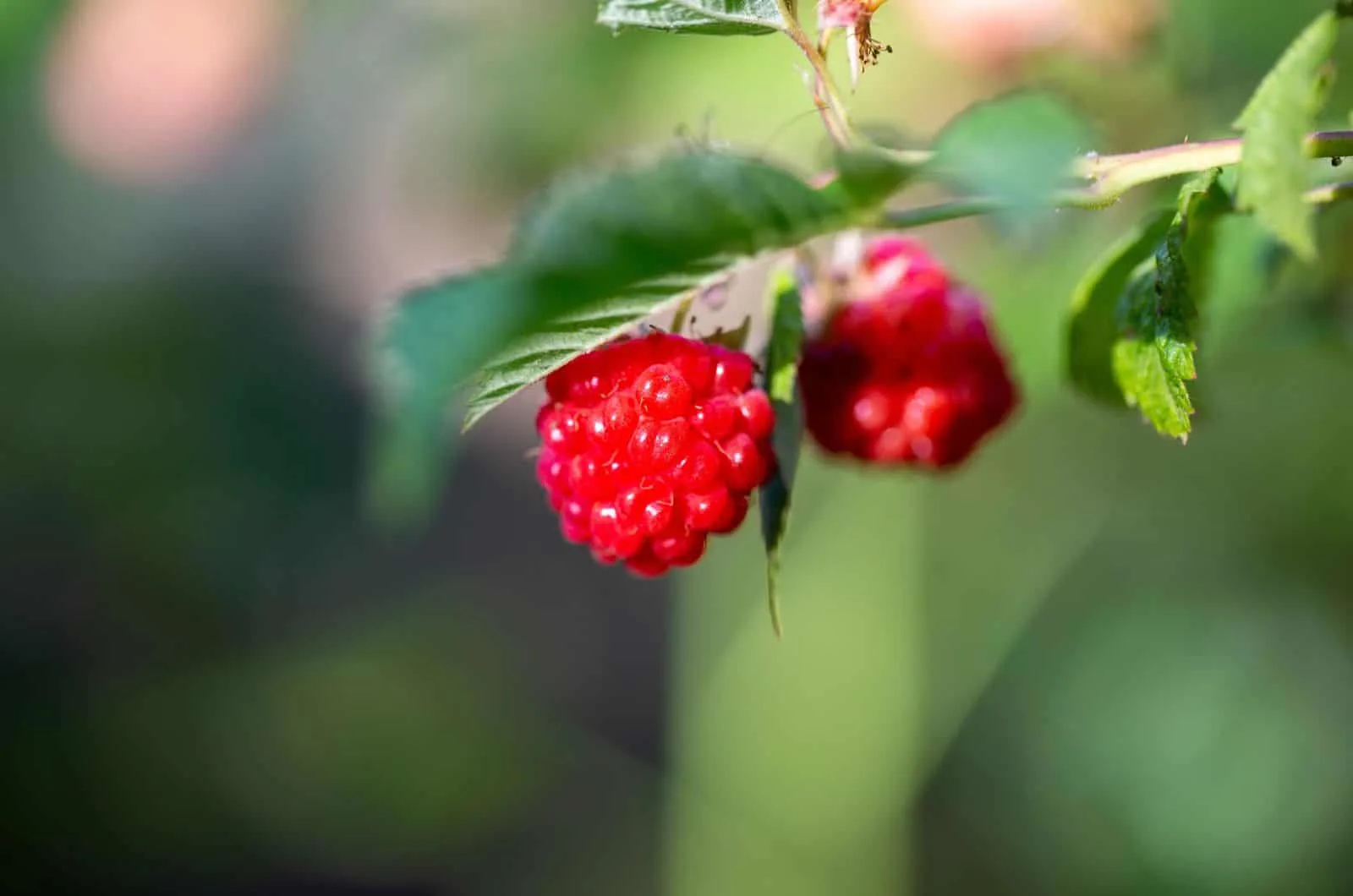

0 thoughts on “How To Get Seeds”